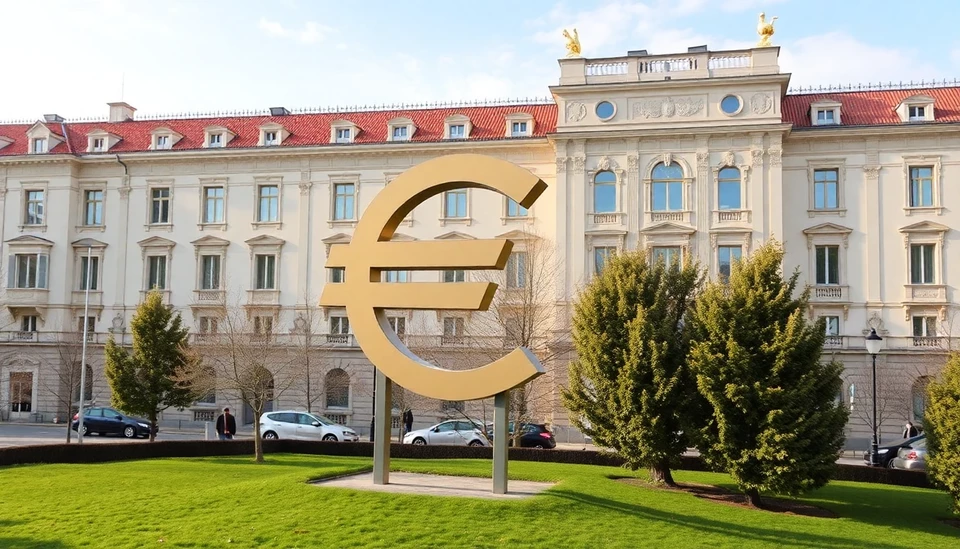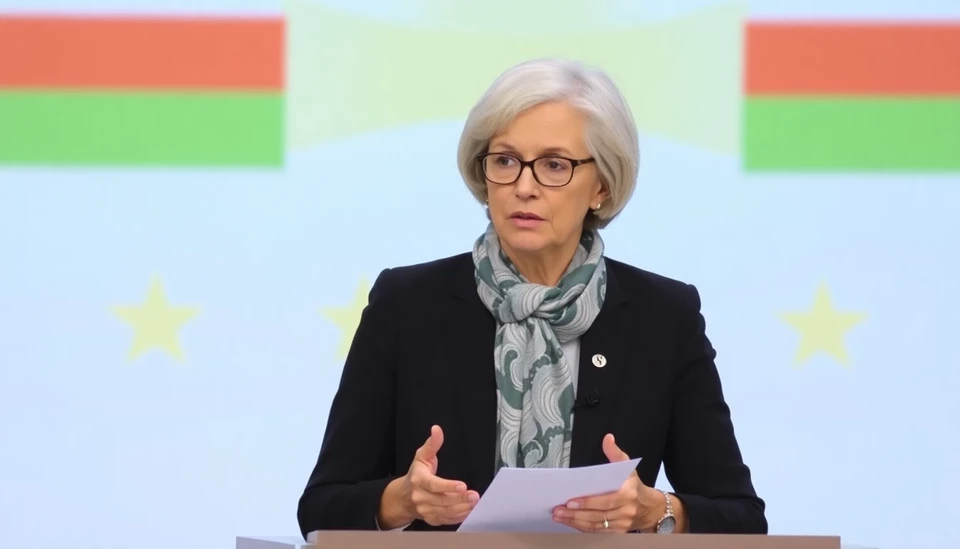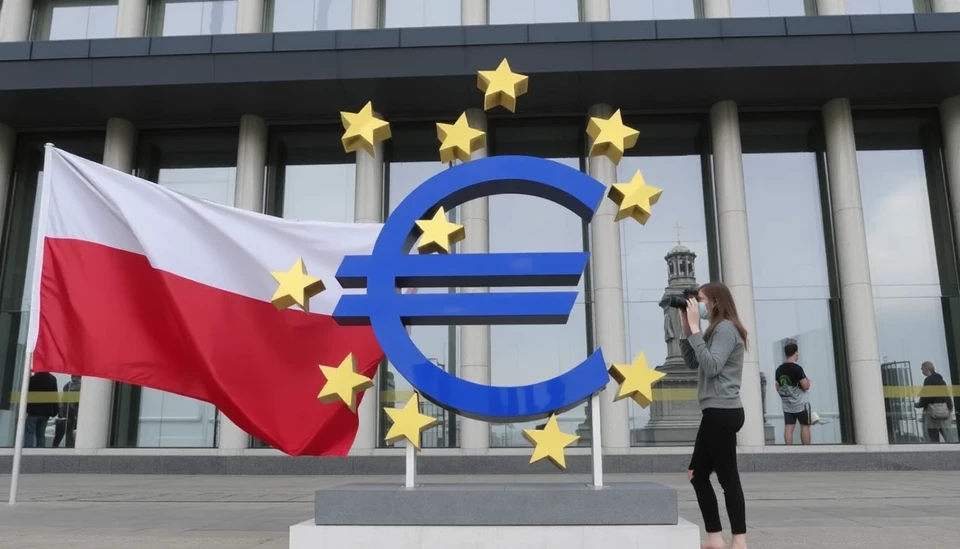
In a pivotal move signaling its determination to join the Eurozone, Bulgaria has formally requested an assessment from the European Union regarding its readiness to adopt the euro as its official currency. This initiative is seen as a crucial step forward in the nation’s long-standing aspiration to integrate more deeply into the European economic framework.
Bulgaria, which has been using the lev as its currency, has set ambitious goals to transition to the euro, aiming for compliance with the economic criteria laid out by the EU. This request for an assessment comes as the government seeks to showcase its economic stability and commitment to a smooth transition, which are key requirements for the Eurozone membership.
The request signifies not only the country's economic ambitions but also its strategic objectives within the context of the EU's economic policies. Historically, Bulgaria has been on a path to adopting the euro, having entered the European Exchange Rate Mechanism (ERM II) in July 2020. However, the onset of the pandemic and subsequent economic challenges have delayed its plans.
Officials believe that acquiring the euro will bolster Bulgaria’s economy by attracting foreign investments, enhancing trade relations, and stabilizing the financial system against external shocks. The government maintains that readiness for euro adoption hinges on substantial reforms in areas such as public finance, banking sectors, and overall economic governance.
Many analysts view this request as a litmus test for Bulgaria's economic policies. A positive assessment from the EU could accelerate Bulgaria's timeline for euro adoption, making it one of the few nations to join the Eurozone this decade. Conversely, failure to meet the required criteria could hinder its aspirations and adversely affect public confidence in the government’s economic strategy.
The EU's response to Bulgaria's assessment request is awaited with great anticipation. Should Bulgaria pass the assessment, it will signal to other candidate countries the importance of meeting EU standards for economic convergence and integration.
The political landscape surrounding this issue is equally significant, as various stakeholders, including business leaders and economists, are keenly following the developments. The Bulgarian government is eager to promote the potential benefits of adopting the euro, particularly in relation to economic growth and greater involvement in EU decision-making processes.
As this story unfolds, it remains clear that Bulgaria's quest to embrace the euro is not merely a financial decision but a strategic maneuver aimed at securing a more prominent role within the heart of Europe.
Given the implications of this request, Bulgaria's path to euro adoption will continue to be closely monitored by both national and EU officials, as well as by citizens who await the tangible benefits that come with such a significant economic transition.
In conclusion, Bulgaria's request for an EU assessment represents a decisive leap toward achieving its euro adoption goals and emphasizes the interplay between national economic policies and broader European integration efforts.
#Bulgaria #EuroAdoption #EUAssessment #EconomicIntegration #Eurozone #BulgariaEconomy
Author: Laura Mitchell


